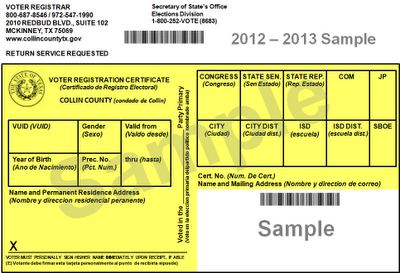 On both Twitter and Facebook, the conversation was much more critical of
Mitt Romney than it was of Barack Obama during the debate. And when the criticism of one
candidate and praise of another are combined, the conversation on
Twitter leaned Obama's way. On Facebook it was something of a draw.
On both Twitter and Facebook, the conversation was much more critical of
Mitt Romney than it was of Barack Obama during the debate. And when the criticism of one
candidate and praise of another are combined, the conversation on
Twitter leaned Obama's way. On Facebook it was something of a draw.
Only in blogs, which tended to offer more of a post-debate summary of the event than a moment-to-moment reaction, did the sentiment resemble that of instant polls or press analysis, which have tended to see Romney as having the better of the debate.
For both candidates in social media, however, immediate praise of their performance in general was hard to come by.
On Twitter, an examination of 5.9 million opinions posted from the beginning of the debate through the next morning finds more of the conversation leaned Obama's way (35%) than Romney's (22%). But those who favored Obama tweeted not so much to praise him as to criticize his opponent. Of the entire conversation, 9% praised the president and 26% was critical of Romney. Of those favoring Romney, 7% praised him and 15% criticized Obama.
Not every tweet about the debate was an evaluation of candidate performance. Another 17% of the conversation involved people offering jokes with no clear opinion about either contender. A smaller component of the conversation, 9%, involved people sharing information or news. And 16% of the conversation talked about other things, such as evaluating the moderator, Jim Lehrer, or people tweeting that they were watching the debate-or not watching.
If the conversation that did not evaluate the candidates is removed from the tally, the Twitter numbers would show 61% leaning Obama's way and 39%, Romney's.
On Facebook, the results were more evenly split. An analysis of 262,008 assertions on public Facebook posts during the same period found that 40% of the discussion leaned toward Obama compared with 36% toward Romney. Joke-telling was marginal. Information-sharing made up 8% of the conversation, and 17% was not about the candidates.
Here, too, the conversation favoring Obama tilted more toward criticism of Romney (30%) rather than praise for Obama (10%). The conversation favoring Romney was more even, with 17% praising him vs. 19% criticizing Obama.
Blogs
The blogosphere was the one component of social media that more aligned with the sentiment found in instant polls and in press coverage. An analysis of 6,313 assertions in a broad sample of public blogs favored Romney by roughly 4 to 1. Fully 45% of that sentiment leaned Romney's way and 12% toward Obama. Here, almost all of the conversation for Obama was criticizing Romney. Of the conversation going Romney's way, more of it actually praised his performance (26%) than criticized the president's (18%).
One difference in the blog conversation, the analysis found, is that much of it came toward the end of the debate or later, and tended to involve more of a summary evaluation of the whole event rather than a reaction to a single exchange or moment.
Except for blogs, these findings about social media offer a contrast to what people generally saw in the immediate aftermath of the debate in polls or in mainstream media coverage.
A CNN poll of debate watchers taken immediately after the debate found that 67% of registered voters thought Romney won the debate vs. 25% for President Barack Obama. A CBS poll of undecided voters who watched found 46% for Romney and 22% for Obama.
A look at political analysis in mainstream media found something similar. "Romney takes fight to Obama," read the headline of the Washington Post lead story. The Denver Post was more direct: "Round 1: Romney."
Pew Research Center's Project for Excellence in Journalism.
NBC News
Even as Romney was being hailed as the victor in the minutes immediately after the debate on Wednesday, a small question was already being raised about "Facts" across all the social media channels.
By late Thursday afternoon, those questions had become prominent, as commenters cited analyses by partisan and nonpartisan fact-checkers. Particularly influential was a commentary Thursday morning by the liberal blog Think Progress:
Pundits from both sides of the aisle have lauded Mitt Romney's strong debate performance, praising his preparedness and ability to challenge President Obama's policies and accomplishments. But Romney only accomplished this goal by repeatedly misleading viewers. He spoke for 38 minutes of the 90 minute debate and told at least 27 myths.Arguments like that planted the idea that Romney had "lied his way to victory."
By Friday morning, the counterargument that Obama had actually won on substance had taken root, with online sentiment now favoring the president.
The analysis suggests that Twitter and Facebook can be powerful disseminators of opinion once commenters have time to digest the news and marshal their arguments.

